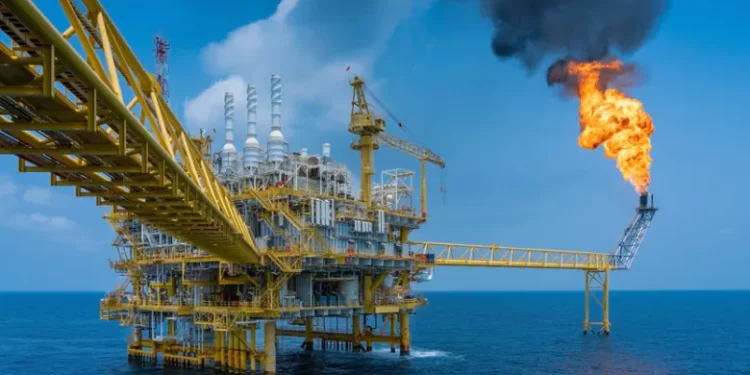Ghana to adopt new royalty and licensing scheme for upstream petroleum production
The Ministry of Energy has agreed to a new royalty and licensing scheme for upstream petroleum production with reports suggesting that the Energy Ministry is targeting this year for the adoption of the new royalty and licensing scheme.
The new royalty and licensing scheme said to have been crafted by civil servants, is however, yet to be submitted to Cabinet or brought to a vote.
There has been no public release of the draft bill, but some key features have been shared by the CEO of the Petroleum Commission, Egbert Faibille Jnr. The proposed system for calculating state take, which includes royalties and taxes, is expected to be more progressive, taking into account risk factors such as water depth, overall production, and oil prices—aligning with what is typically seen in the industry internationally.
Current royalty rates in Ghana range from 4-12.5% for oil production and 3-10% for gas exports.
While specific details on how the royalty system will be adjusted have not been disclosed, it is believed that reforms will lean towards a progressive model to draw investment, addressing both the immediate need for economic growth and the longer-term objective of reversing declines in hydrocarbon production.
According to Fitch Solutions, changes to Ghana’s oil and gas royalty and licensing scheme are expected to rejuvenate international investment into Ghana’s energy sector.
The government’s primary objective is to stimulate further investment, particularly in the upstream exploration and production sectors, as a response to the country’s recent economic instability and heavy dependency on one major upcoming field, Pecan, while production from other fields like Sankofa, Jubilee, and TEN is expected to decline in the medium to long term.








